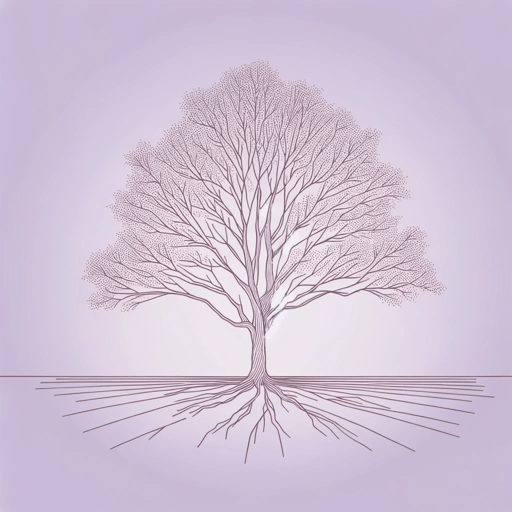61 pages • 2 hours read
John GrishamSycamore Row
Fiction | Novel | Adult | Published in 2013A modern alternative to SparkNotes and CliffsNotes, SuperSummary offers high-quality Study Guides with detailed chapter summaries and analysis of major themes, characters, and more.
Symbols & Motifs
Sycamore Trees
Content Warning: This section of the guide discusses death by suicide and racism.
The novel’s opening scene features Seth Hubbard's body hanging from a sycamore tree just after his death by suicide—initially positioning the tree as a symbol of violence and death. The tree’s connection to the plot’s central mystery—and the book’s title—supports that symbolism. As a child, Seth witnessed his father and several other racist white men murder a Black man named Sylvester Rinds. They did so by lynching him, a form of state-sanctioned violence used to instill terror in the Black American community. The sycamore tree the men hung Sylvester from was on his own land—the source of their dispute. Seth repatriated this land to Sylvester’s descendant, Lettie, and left her the bulk of his estate as a means of Rectifying Historical Injustice and Healing Generational Trauma. By hanging himself from the same sycamore where Sylvester died, Seth transforms a tree once tainted by racist violence into a symbol of atonement.
Clanton Buildings
Grisham uses the buildings of Ford County’s businesses in Sycamore Row to symbolize the deep cultural divisions of Clanton’s community. Early descriptions of the town summarize the distinct clientèle of the Coffee Shop and the Tea Shoppe, dividing them into two distinct groups along ideological lines: “The white collars gathered an hour later across the square at the Tea Shoppe and discussed interest rates and world politics.
Related Titles
By John Grisham
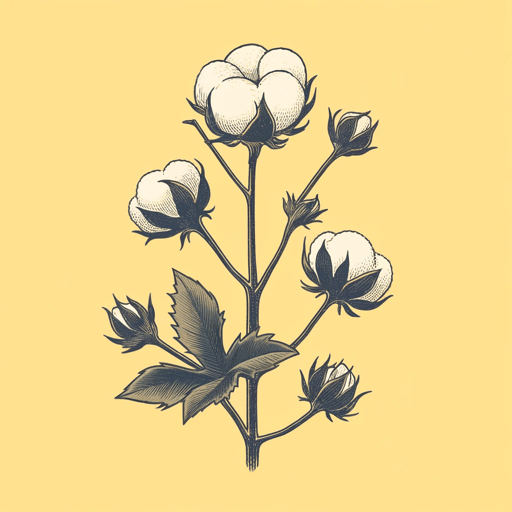
A Painted House
John Grisham
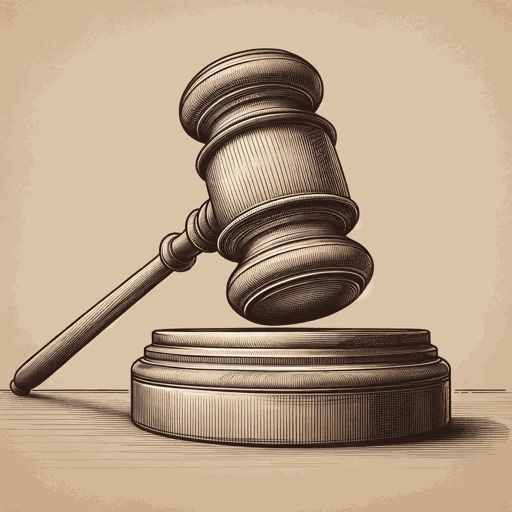
A Time For Mercy
John Grisham
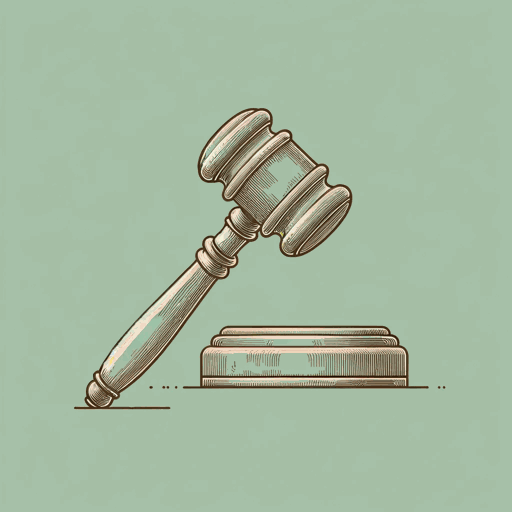
A Time to Kill
John Grisham
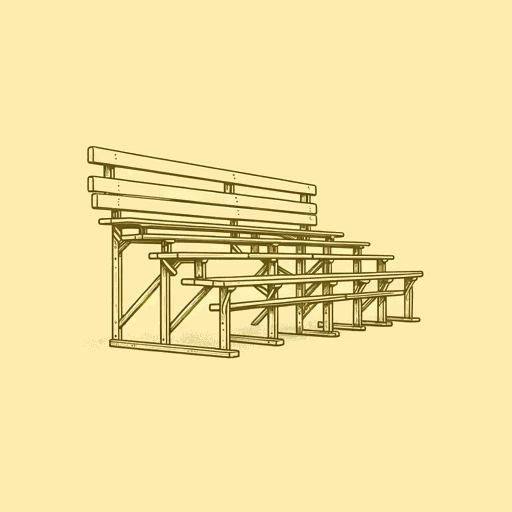
Bleachers
John Grisham

Calico Joe
John Grisham

Camino Island
John Grisham

Gray Mountain
John Grisham

Skipping Christmas
John Grisham

Sooley
John Grisham

Sparring Partners
John Grisham

The Appeal
John Grisham
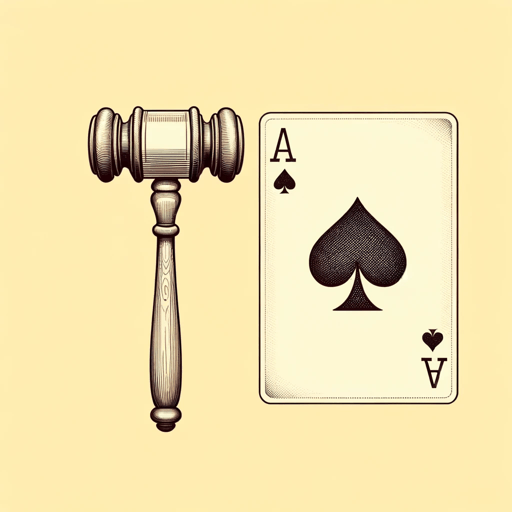
The Boys from Biloxi
John Grisham

The Brethren
John Grisham

The Chamber
John Grisham
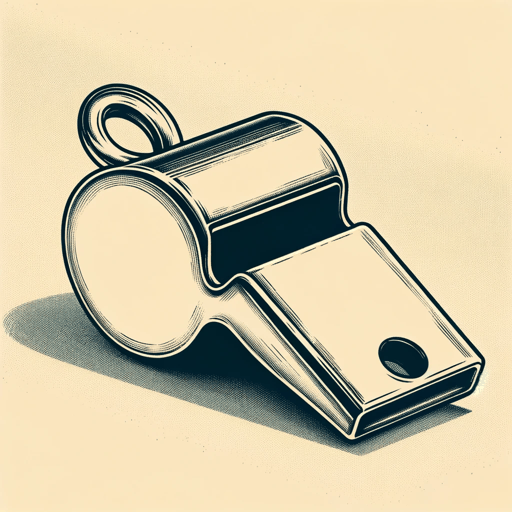
The Client
John Grisham
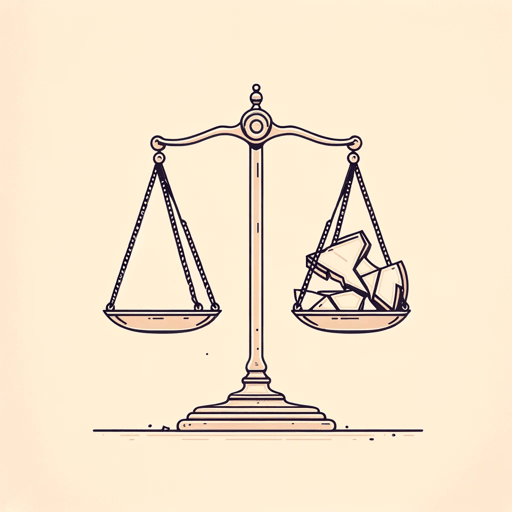
The Confession
John Grisham

The Firm
John Grisham
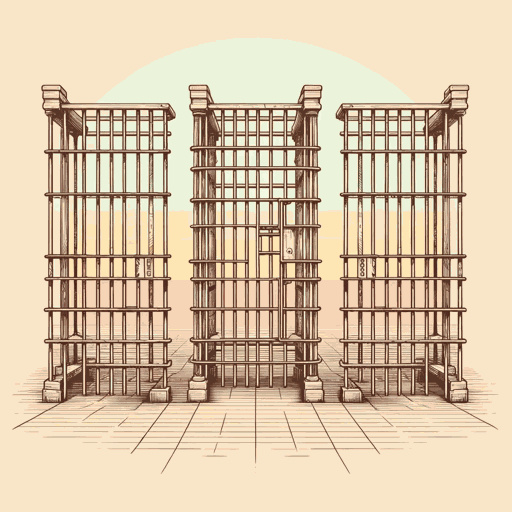
The Guardians
John Grisham
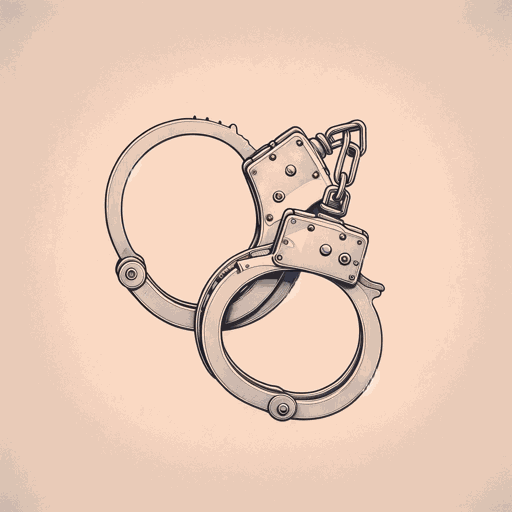
The Innocent Man
John Grisham

The Judge's List
John Grisham
